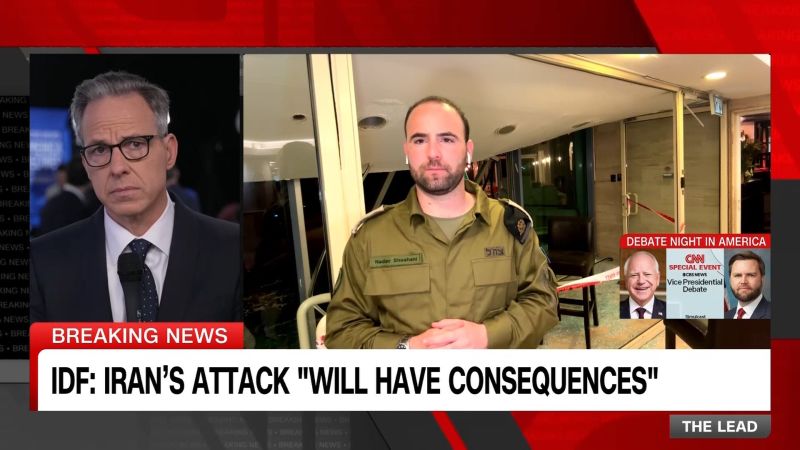Regional War Is Effectively Here: What Israel Does Next Will Be Pivotal
The escalating tensions and conflicts in the Middle East have brought the region to the brink of a full-scale regional war. The recent developments involving Israel, Iran, Syria, and other neighboring countries have created a volatile situation that requires careful consideration and strategic planning.
Israel, being a key player in the region, now faces a critical decision-making moment. The actions taken by Israel in response to the escalating tensions will not only have a significant impact on its own national security but also on the broader dynamics of the regional conflict.
One of the key challenges for Israel is navigating the complex web of alliances and rivalries that define the Middle East. The country must carefully assess its relationships with regional players such as the United States, Russia, and various Gulf states in order to effectively manage the situation and secure its interests.
The involvement of Iran in the conflict poses a particularly grave threat to Israel’s security. The Iranian regime’s support for proxy groups such as Hezbollah and its ongoing efforts to establish a military presence in Syria have raised serious concerns in Israel about the potential for a direct military confrontation.
In response to these threats, Israel has already taken a series of preemptive measures, including targeted airstrikes against Iranian positions in Syria. However, the risk of escalation remains high, and any miscalculation could trigger a wider regional conflict with catastrophic consequences.
Moving forward, Israel must strike a delicate balance between deterrence and de-escalation. While it is crucial for Israel to defend itself against immediate threats, it is equally important to avoid actions that could spiral out of control and lead to a wider conflagration.
Moreover, Israel must also consider the broader geopolitical implications of its actions. The country’s relations with other regional powers, as well as with global actors such as the United States and Russia, will play a crucial role in shaping the outcome of the conflict.
Ultimately, the decisions made by Israel in the coming days and weeks will be pivotal in determining the course of the regional war. By exercising restraint, pursuing diplomatic channels, and prioritizing its long-term security interests, Israel can help prevent further escalation and contribute to the stability of the Middle East.
In conclusion, the current situation in the Middle East calls for careful and measured responses from all parties involved. Israel, as a key player in the region, faces a particularly critical juncture and must navigate the complexities of the regional conflict with prudence and foresight. Only by adopting a strategic and well-considered approach can Israel effectively safeguard its national security and contribute to the resolution of the broader regional crisis.

